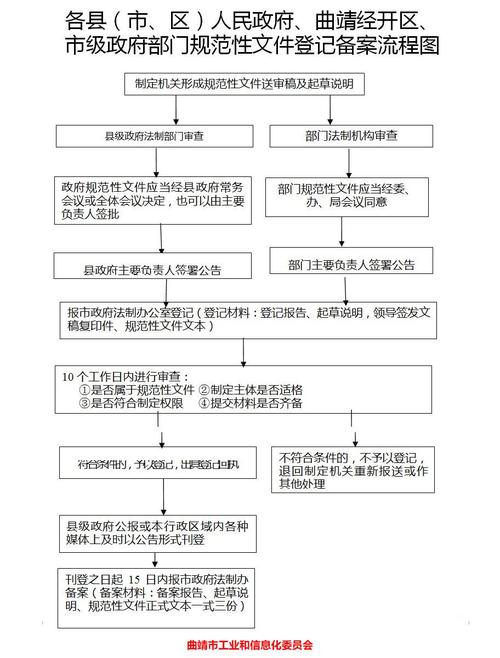Title: Legal Framework for Software Development: Navigating the Legal Landscape
In the realm of software development, legal considerations are paramount to ensure compliance, protect intellectual property, and mitigate risks. This article explores the essential legal aspects pertinent to software development within the framework of programming law.
Intellectual Property Protection
Protecting intellectual property (IP) is crucial for software developers. Understanding the following concepts is essential:
1.
Copyright Law
: Copyright automatically protects original works of authorship, including software code, upon creation. Developers should understand copyright laws to safeguard their code from unauthorized use or reproduction.2.
Software Licensing
: Developers can choose from various licensing options (e.g., open source licenses, proprietary licenses) to regulate the use, distribution, and modification of their software. Understanding the terms and implications of different licenses is crucial.3.
Patents
: In some cases, softwarerelated inventions may be eligible for patent protection. Developers should assess the patentability of their innovations and consider filing for patents to gain exclusive rights.Contractual Agreements
Clear and comprehensive contractual agreements are essential for defining the rights, responsibilities, and obligations of parties involved in software development projects:
1.
Software Development Agreements
: These agreements delineate the scope of work, project timelines, payment terms, and intellectual property ownership. Developers should ensure that agreements accurately reflect the expectations and requirements of all parties.2.
NonDisclosure Agreements (NDAs)
: NDAs are vital for protecting confidential information exchanged during collaborations or discussions. Developers should use NDAs to prevent unauthorized disclosure of sensitive information.3.
Service Level Agreements (SLAs)
: SLAs outline the level of service and support that developers offer to clients or users. Clear SLAs help manage expectations and establish accountability.Data Protection and Privacy
With the increasing focus on data privacy, developers must adhere to relevant regulations and best practices:
1.
General Data Protection Regulation (GDPR)
: Developers handling data of EU residents must comply with GDPR requirements regarding data processing, consent mechanisms, and user rights. Implementing privacybydesign principles is crucial for GDPR compliance.2.
California Consumer Privacy Act (CCPA)
: Developers targeting California residents must comply with CCPA provisions concerning data collection, disclosure, and consumer rights. Adequate data protection measures and transparency are key.3.
Data Security
: Developers must implement robust security measures to protect user data from unauthorized access, breaches, or cyberattacks. Encryption, access controls, and regular security audits are essential components of a comprehensive security strategy.Regulatory Compliance
Software developers must navigate various industryspecific regulations and standards:
1.
Health Insurance Portability and Accountability Act (HIPAA)
: Developers creating healthcare software must comply with HIPAA regulations governing the privacy and security of protected health information (PHI).
2.
Payment Card Industry Data Security Standard (PCI DSS)
: Developers handling payment card data must adhere to PCI DSS requirements to ensure secure processing and storage of sensitive financial information.3.
Accessibility Standards
: Developers should ensure that software applications comply with accessibility standards (e.g., Web Content Accessibility Guidelines) to ensure inclusivity and usability for individuals with disabilities.Conclusion
Navigating the legal landscape of software development requires a comprehensive understanding of intellectual property laws, contractual agreements, data protection regulations, and industryspecific compliance requirements. By prioritizing legal considerations and seeking professional guidance when necessary, developers can mitigate risks, protect their interests, and foster successful collaborations in the dynamic field of software development.
Disclaimer:
This article provides general information and guidance on legal topics related to software development. It is not a substitute for professional legal advice. Developers should consult with qualified legal professionals to address specific legal concerns and ensure compliance with applicable laws and regulations.Legal Framework for Software Development: Navigating the Legal Landscape
In the realm of software development, legal considerations are paramount to ensure compliance, protect intellectual property, and mitigate risks. This article explores the essential legal aspects pertinent to software development within the framework of programming law.
